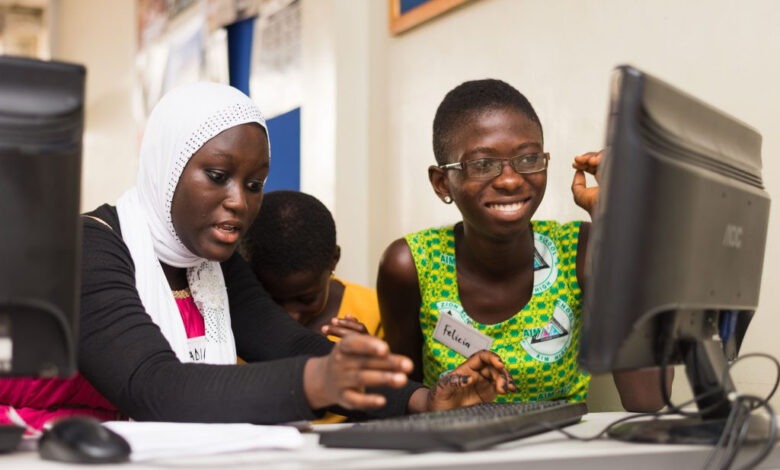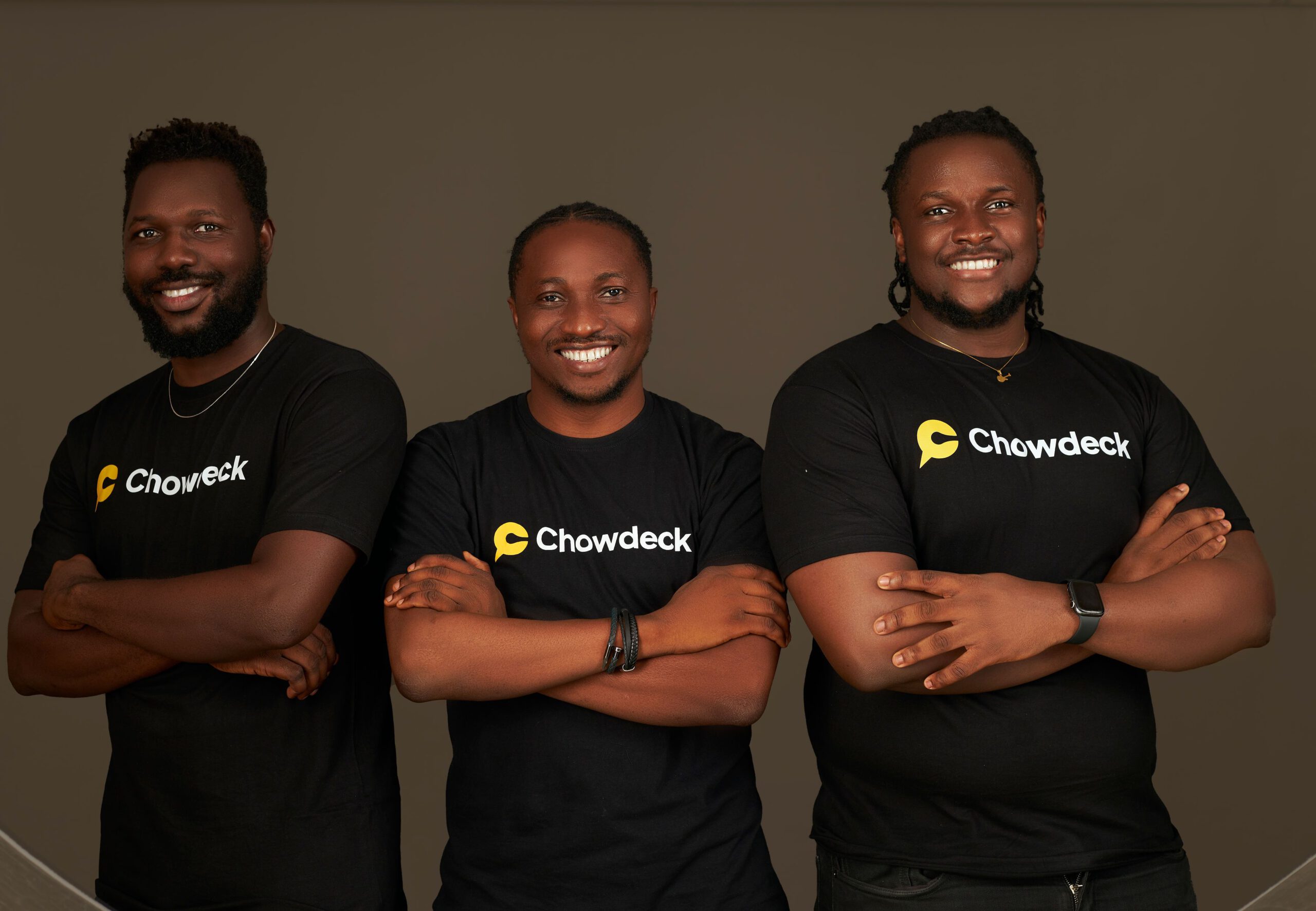Remote Dev Hubs in Francophone Africa

Decades ago, careers in medicine seemed like the only secure choice; everyone looked up to doctors and nurses as heroes. However, we’re witnessing something different today. Self-taught programmers and IT startups are taking center stage and are eager to transform their communities.
I invaded my best friend’s workspace in Lagos a couple of months ago, and then I met younger folks in the room, but there are no trainers or dress codes to be seen, just laptops, ideas, and drive. It was like being there for a hidden revolution. The story is not limited to Nigeria.
France’s startup boom in 2023 has demonstrated that we have young innovators doing the same thing, creating remote tech hubs from scratch without anyone’s consent.
Can Your Living Room Launch a Tech Startup in Francophone Africa?
While information technology financing in Africa fell by 30% in 2023, Francophone Africa quietly resisted the trend. Partech reports a 15% increase in the region, securing more than 90 deals and accounting for 20% of total investment activity on the continent.
Four years ago in Cameroon, I witnessed something unforgettable. WETECH, a local innovation group, teamed up with #eSkills4Girls and BMW to teach web development to young girls—some just eight years old. These weren’t high-end boot-camps with sleek setups. They were grassroots sessions, simple but powerful, built to spark curiosity and confidence in tech.
These were deliberate, unpolished, community-led projects. Increasing access to business and technological solutions among Francophone African girls, many of whom had never code before.
Startups like Wave in Senegal, InstaDeep in Tunisia, and Chari in Morocco are now illuminating the way, demonstrating that the seeds sown in these communities are starting to sprout. While many regions of the continent continue to struggle with attracting investment, Francophone Africa is steadily building a robust foundation from the beginning.
How Remote Dev Hubs Are Reshaping Francophone Africa
I have always dreamed of working remotely—waking up, opening my laptop, a half-full cup of coffee next to me, and a tiny fan blowing softly. It began as a personal work-from-home habit but quickly expanded into a small brand where creative individuals from many locations got together to work together and create something special.
There were no strict timetables, no office politics, and no excuses for tardiness. Instead, we flourished through genuine collaboration. Within months, I learned I could hire someone in Paris, collaborate with a designer in Abidjan, and complete projects without ever leaving my room. All it required was a corner with a PC, a smartphone, and a sticky note on the wall saying, “You’re ready to go.”
Across Francophone Africa, similar events are unfolding in unexpected locales. In Abidjan, three recent graduates transformed a dusty closet behind their neighborhood eatery into a temporary development center. They used their limited finances to purchase a secondhand router and share an old desktop computer.
This is hardly high-end technology. It exemplifies creativity and collaborative spirit at its best. With few resources, these young developers rely on shared internet routers, used laptops, power banks, and strong coffee.
They watch Figma tutorials on YouTube, share advice in WhatsApp groups, and publish code to GitHub before breakfast. Their goal is to learn by doing, develop for their communities, and keep pushing forward despite infrastructure constraints.
Some formal spaces have evolved to help sustain this momentum. Take Jokkolabs in Dakar, one of Africa’s first innovation hubs. Aspiring coders and entrepreneurs assemble in bright, airy rooms with reliable internet access, whiteboards, and mentorship sessions.
Jokkolabs has become a key player in Senegal’s technology terrain by providing co-working spaces and stimulating collaborations between local talent and visiting mentors. These centers are built on collaboration, with young people exchanging ideas, tools, and talents. As they expand together, they support one another’s success while also strengthening the local economy.
Grassroots Innovation: Remote Development Hubs in Francophone Africa is more than simply a headline; it is a reality that is emerging slowly yet effectively. In backrooms, shared spaces, and improvised hubs, young people are redefining the standards of advancement in technology.
They are creating solutions, communities, and futures with restricted resources but limitless imagination. These are more than just remote development hubs; they demonstrate that when passion meets creativity, Africa does not wait for change to come.





